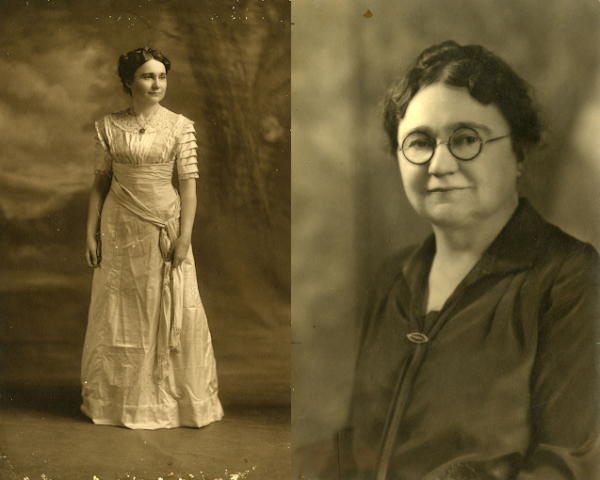Detention center in Pennsylvania becomes the troubling home for immigrants
Editor’s Note: In accordance with The Guilfordian’s focus on social justice, the Features section will publish a weekly column focusing on human rights. Each week, the column will examine one human rights case, domestic or international.
Not many people know what occurs when people come to the U.S. border seeking asylum. As such, this allows Immigration and Customs Enforcement, a branch of the Department of Homeland Security that handles the enforcement of laws surrounding immigration, to put asylum seekers in detention centers for two years, whether or not they have committed any crimes.
There are three of these detention centers across the U.S., and the biggest of them is Berks Detention Facility in Pennsylvania. Berks was recently renamed the “Berks Family Residential Center” by ICE and can hold up to 96 asylum seekers at one time. Most of the asylum seekers are fleeing gang violence in Honduras and El Salvador, according to Amnesty International.
“I think it’s really atrocious because that’s not an environment that cultivates a sense of safety, which is what asylum seekers are looking for and need,” said first-year Julia de Wit.
More than 22 of these people are mothers with children, according to The New York Times. Attorneys of some of these asylum seekers reported that some of the youngest children detained in Berks spent about half of their life in the detention facility, learning to walk and talk behind bars. They did so in conditions that are not suitable for children, such as being woken for bed checks every 15 minutes and limited access to the outdoors.
The Berks Detention Facility has been involved in several court cases. According to NBC, in 2016 a 40-year-old guard at Berks was sentenced 23 months in prison for raping a 19-year-old girl who had fled Honduras. A pro bono attorney for one of the young women held in detention at Berks stated that her client was written up by counselors at the facility for “smiling too much.”
Another suspicious story from the facility comes from Amnesty International, an organization dedicated to campaigning for “a world where human rights are enjoyed by all,” according to their website. In August 2017, two young boys, ages 4 and 16, were ordered to be released from Berks after almost two years of detention following their parents fleeing from violence gender based violence in Honduras and extreme gang violence in El Salvador, respectively. These two boys were given Special Immigrant Juvenile Visas, which are special visas given to young people seeking asylum who are applying through lawyers, and asked to be released immediately. Berks Detention Center continued to hold them for over 700 days.
Guilford students in the Amnesty International club have visited the Berks Detention Facility and spoken to those who were detained.
“Hearing about one mother’s experience with her daughter vomiting blood while guards stood by inactive was especially disconcerting,” said sophomore Fletcher Brooks, the death penalty coordinator for Guilford’s Amnesty International Chapter, who visited a mother that was detained at the facility. “On a more positive note, there was a woman on the panel who was formerly a guard at a detention center like Berks who quit her job after witnessing injustice and started advocating for these individuals.”
The U.S. government’s practice of taking away babies born in prisons would suggest that they consider growing up in that environment bad for children. Yet in Berks Detention Facility, which is run by that same government, children are held for years.
Guilford students who are interested in advocating for the human rights of children seeking asylum can text DHS to 21333 to be connected to the Department of Homeland Security, ICE’s parent branch. This allows students to send a message telling the government to end the detainment of children asylum seekers in Berks Detention Center.
Guilford College’s Amnesty International Chapter will also have a table in Founders Hall where interested students can learn more about the Berks kids case and actions that can be taken.









Richard Williams • Jun 18, 2018 at 7:23 pm
What are the other two detention centers where asylum seekers are detained?